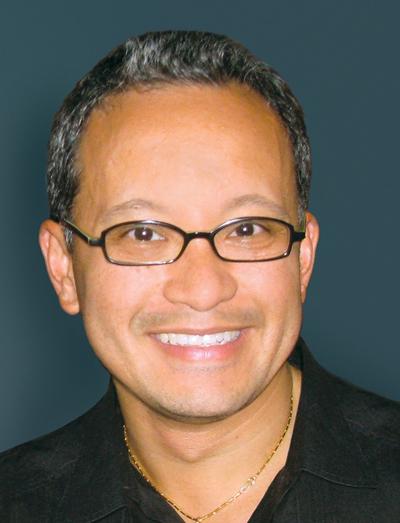
This post originally appeared on ASCO Connection, January 29, 2015.
Mom. Dad.
Happy. Sad.
Friend. Trust.
I remember playing this game. A friend would say one thing, and then I would say the first thing that came to my mind. For some reason, it would pass the time. I remember how some words would spark an emotion or a memory. Sometimes happy, sometimes not so happy. But, playing that game was one of the first ways I learned the power of words.
I started thinking about this one day when a group of colleagues were discussing palliative care. Despite how we all believed in the benefits of palliative care, we each recalled experiences where the mere mention of those words to a patient caused them to become defensive, even angry.
“I remember taking care of an older woman,” someone had said. “She was on her fourth line of treatment for metastatic breast cancer, and her scan had showed some progression. She had been having issues with pain as well, and we had to adjust her medications several times in the past month. I mentioned that she would benefit from palliative care, and I was surprised about how upset this made her. She accused me of giving up on her, telling her she was dying. It was really upsetting.”
Hearing that story made me more convinced that the associations of palliative care have not evolved, even as the evidence that palliative care benefits patients far before they are deemed terminal has accumulated. It made me think, perhaps the way to increase utilization of this service is to sever the “palliative care means hospice” connection.  Yet, how to do that?
Yet, how to do that?
Almost a week later, I was seeing a patient with recurrent ovarian cancer. She had relapsed about a year after completing first-line (“curative intent”) treatment and was literally devastated to hear it had come back. At the time, I wanted her to have hope, to be optimistic, to understand that a remission was still possible, although “cure” was no longer within our reach. We had discussed cancer as a chronic disease, and how it was possible to live with ovarian cancer as her diabetes—treatable, but never gone.
We had embarked on a trial, and after two cycles of protocol therapy, her tumor marker was down and a CT scan confirmed that the disease had regressed. I met with her to tell her of this news, expecting it would be met with relief, if not happiness.
“So, does it mean I won’t die of this?” she asked.
I hadn’t expected that. I looked at her, and despite this news, I saw her fear. Her eyes were wide, watered. It was if she had not heard my message—“You are responding!” Instead, she heard “you still have cancer.”
I stopped then, wondering how I should respond, and it suddenly occurred to me that cancer sucks. That living with cancer, no matter if you respond or not, is hard, and that every day can be a struggle—facing an unknown future, wondering if the treatment that makes you so sick is actually working.  Wondering if the next clinic visit is when you’re going to hear, “We cannot help you anymore.”
Wondering if the next clinic visit is when you’re going to hear, “We cannot help you anymore.”
“How hard is it for you?” I asked.
“What do you mean?” she answered, looking puzzled.
“Well, I wonder if you are able to sleep at night, knowing that you have this cancer still inside you. I wonder if it interrupts your thoughts? I guess, I want to know if you are experiencing distress because you are living with cancer?”
“Yes,” she said. “I still can’t believe this happened—that I won’t be cured,” she said, and she started to cry. “You don’t know what it’s like—wondering if I’ll be here next year! Will this treatment work? Is it worth it?”
I listened, realizing for once how much stress she was enduring, and I wondered, what can I do? As her oncologist, I knew I could not offer more solace than I already had and that there was no promise I could make about what her future held. So, I offered her the one thing that could help:
“How would you feel about seeing palliative care?”
After talking with her about it, I was surprised that “end of life” and “hospice” never came up. Instead, we talked about palliative care as a means of providing extra supportive care, to navigate the distress and anguish that comes with being told your cancer has relapsed. Her husband had been there too, listening the entire time, and after I finished talking, he chimed in. “Honey, I think this would be a good thing. Life has got to be more than crying yourself to sleep each night.”
Truer words could not have been said. Palliative care should mean “helping me cope.”  I think that we as a society can strive for that and ultimately, we can break the association of palliative care as hospice, once and for all.
I think that we as a society can strive for that and ultimately, we can break the association of palliative care as hospice, once and for all.
